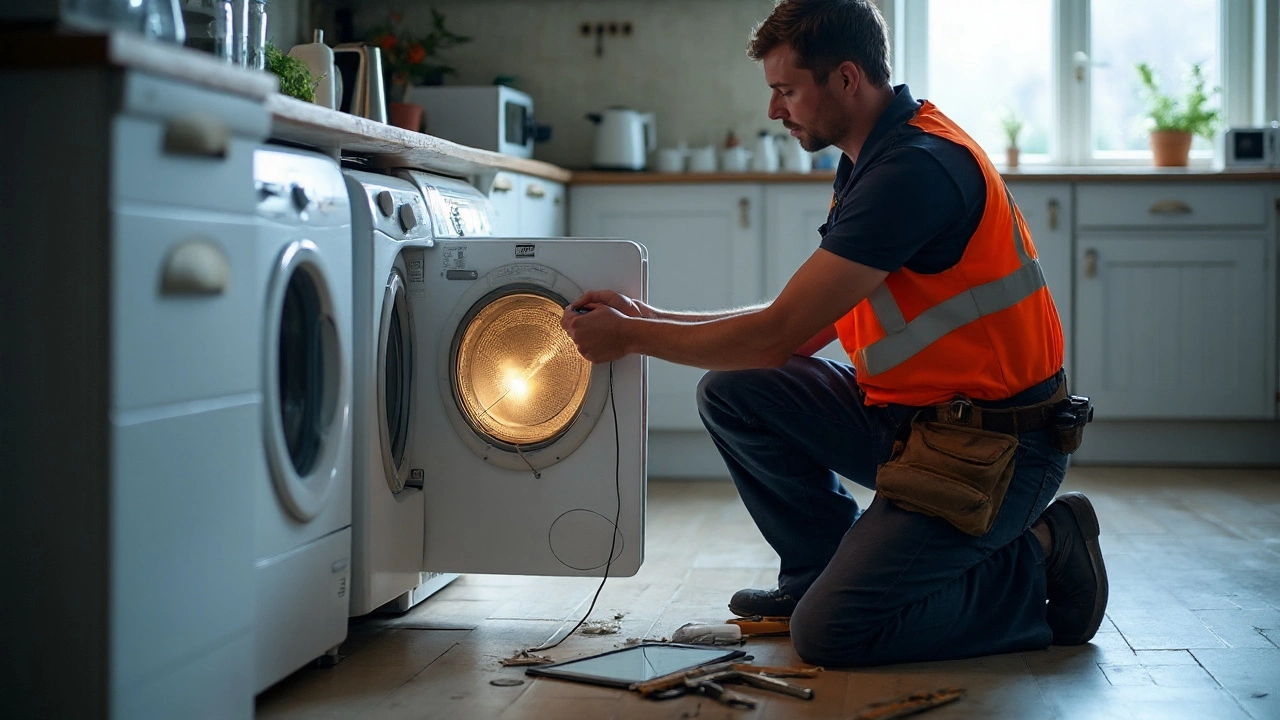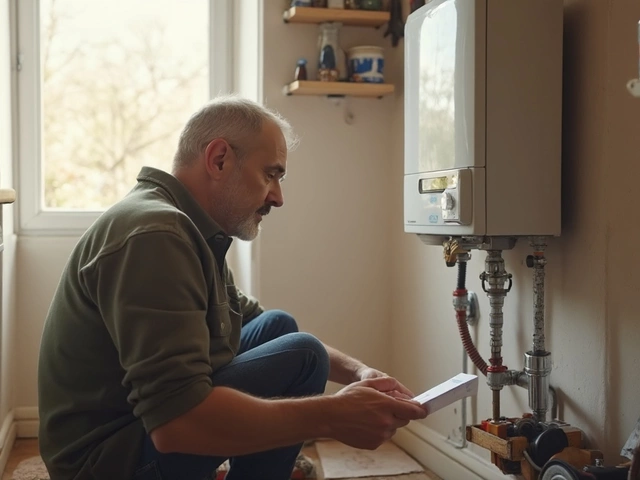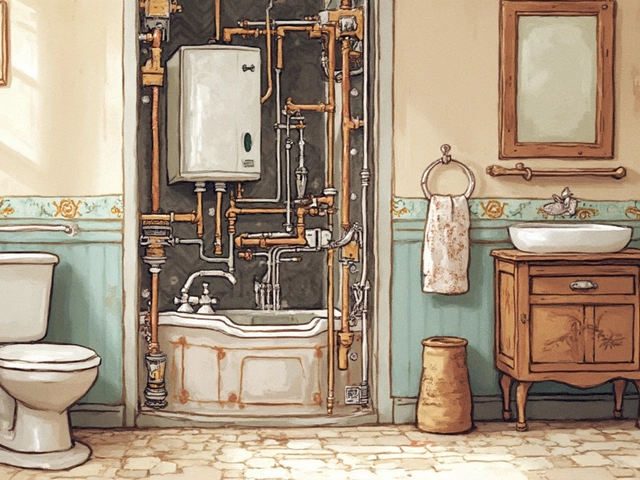Got a washing machine that’s making odd noises, leaking, or just won’t spin? Before you rush to the store, take a minute to figure out if a repair will do the job or if you should be looking at a brand‑new washer. The answer isn’t always obvious, but a few simple checks can save you time, stress, and cash.
First, think about the age of the machine. Most UK washers last about 10‑12 years with regular care. If yours is older than that, parts start to wear out faster and new breakdowns become common. Look for recurring issues – a leak that comes back after each fix, a motor that overheats, or a drum that won’t turn at all. When the same problem keeps popping up, the repair bill can add up quickly.
Check the cost of the part you need. Replacing a cheap belt or a pump usually means a low price, but a new motor, control board, or drum can run a few hundred pounds. If the part costs more than half the price of a decent mid‑range washer, it’s a strong hint that replacement is smarter.
Get a solid quote from a local repair service. In Bognor Regis, a typical repair for a minor fault is around £70‑£120. Major repairs can climb to £250‑£400. Compare that with the cost of a new washer, which starts at about £350 for a basic model and goes up to £800 for high‑efficiency options. If the repair estimate is close to or exceeds the price of a new, energy‑saving model, buying new gives you a warranty and lower running costs.
Don’t forget energy efficiency. New washers use less water and electricity, which lowers your bills over time. A modern machine can save up to 30% on energy use compared to a ten‑year‑old unit. That saving can offset the higher upfront price within a few years.
Another factor is downtime. A repair might take a day or two, but if the part isn’t in stock you could be without a washer for a week. Buying new means you have a working machine right away, and most retailers offer quick delivery.
So, what’s the quick rule of thumb? If the washer is under 8 years old, the repair cost is under £150, and the problem is isolated, go ahead and fix it. If it’s older than 10 years, the repair bill is more than half the price of a new machine, or you’ve faced multiple breakdowns, start looking at replacement options.Bottom line: a short check of age, part cost, and energy savings will tell you whether you should call a repair tech or head to the showroom. Either way, you’ll avoid wasteful spending and keep your laundry routine running smoothly.

Front-load tub/drum assemblies and top-load transmissions are usually the priciest washer repairs. See real costs, how to diagnose, and when to fix or replace.

Thinking about handling your own boiler service? Get the truth about what you can and can’t do, why safety matters, and which tasks are okay for homeowners. This article covers legal restrictions, common mistakes to avoid, and practical tips for everyday boiler care. Learn how to spot problems early and when it's really time to call a pro. Save yourself headaches, money, and maybe even a major disaster by knowing the facts.

An electric oven is a kitchen essential that brings culinary magic to life, but sometimes it can start showing signs of wear and malfunction. If you notice uneven cooking, strange noises, or the oven simply won't heat, these could be indicators of a problem needing repair. Knowing the common signs can help you determine if troubleshooting is possible or if it's time to call a professional. From the thermostat issues to faulty heating elements, this guide provides insights into recognizing and addressing potential oven problems.

A failing water heater element can leave you in the chilly lurch just when you need a warm shower. Learn how to diagnose the problem with simple, straightforward steps. This guide covers common symptoms, testing methods, and practical tips for handling a faulty element. We'll explain what's involved and offer insights for DIY repair or knowing when to call a professional.

Fixing an electric stove might seem daunting, but many common issues are surprisingly manageable with a bit of know-how. From understanding why the burners aren't heating to recognizing if a problem needs professional attention, this article sheds light on various aspects of electric stove repair. Whether you're dealing with strange noises, faulty wiring, or a completely inoperative oven, we explore what’s usually repairable and what might require a replacement. With practical tips, learn to troubleshoot and potentially save on costly service calls.

Discover how much boiler service costs in 2025, what affects the price, what's included, and tips to save money while keeping your heating safe and reliable.